
Teacher Student Time
It’s common for us to praise countries like China, Japan, and Korea on their teaching methods. Of course, their math scores frequently deliver a spanking to American children and the future of American students gets even gloomier from there. The results are in the numbers and the proof is ample, but this educational success doesn’t come without a cost. As we attempt to compete academicaly, and globably, this cost has been (or is still being) experienced by American students with mixed responses from their administrators. At least the few administrator I’ve talked to were not full of praise about their new exam-based system. Read More…

 Cash Donations Post-Disaster
Cash Donations Post-Disaster

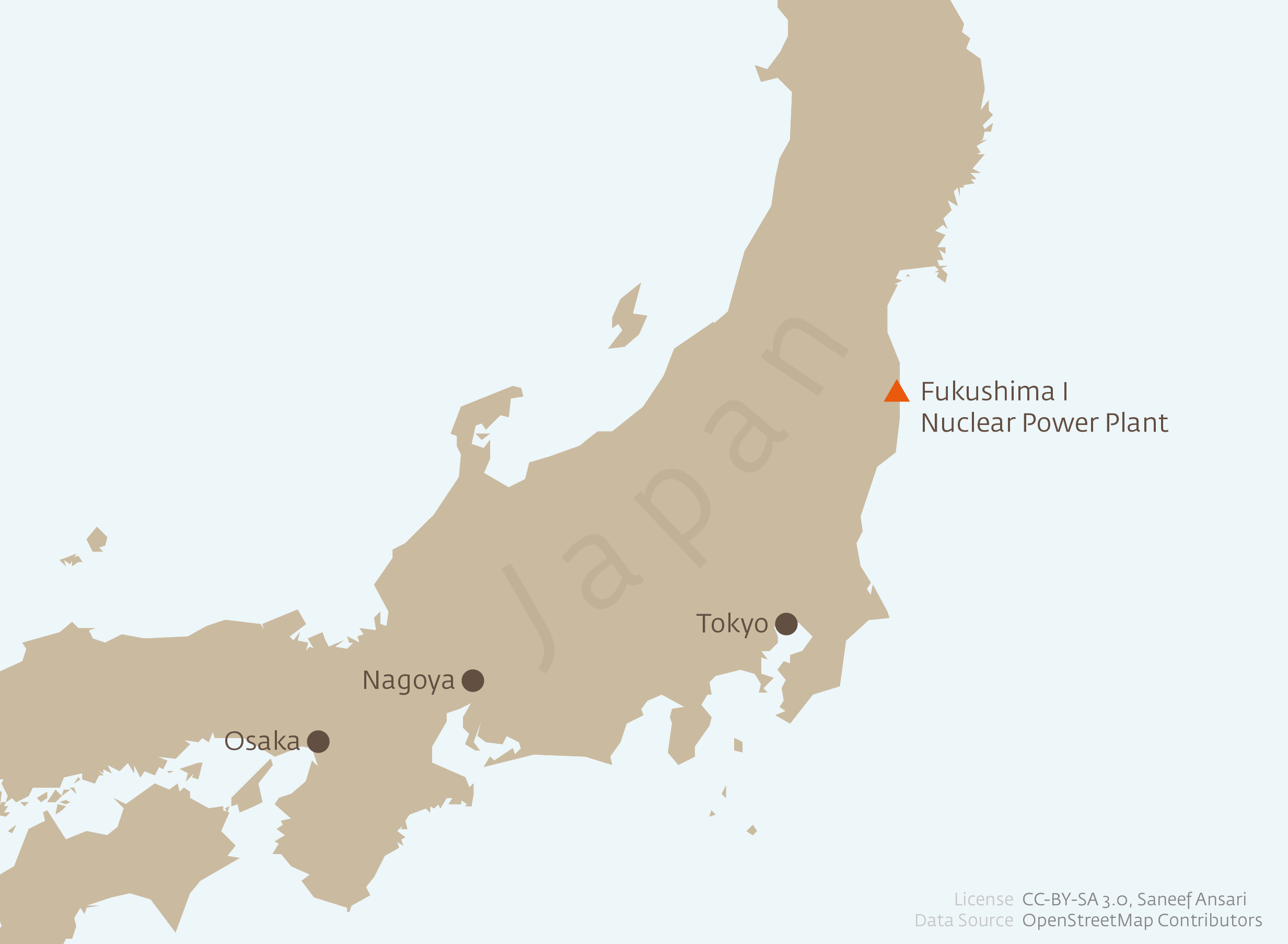
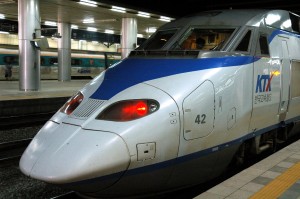
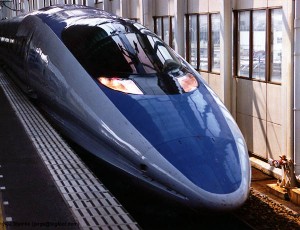
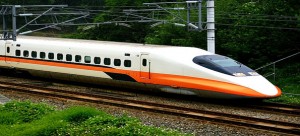
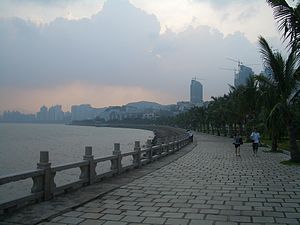

 Custom Search
Custom Search